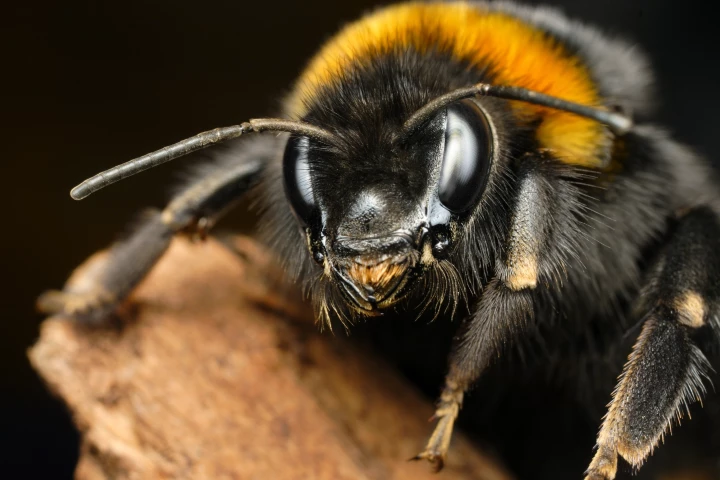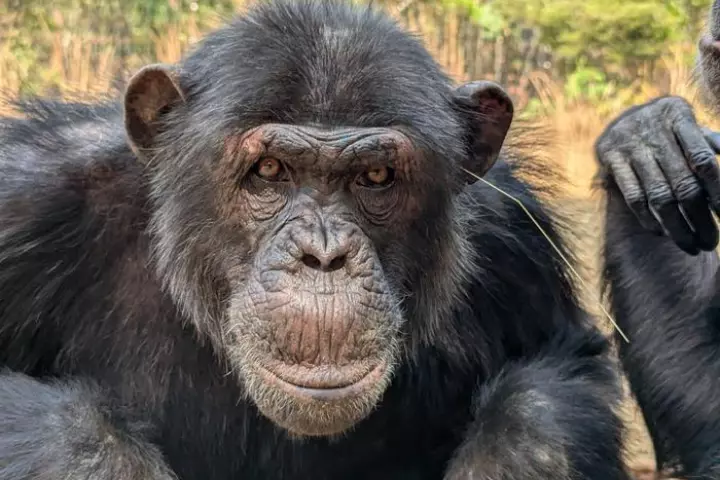Behavior
-
It's that time of year – and my personal favorite corner of science to look back on – when we recap the many fascinating discoveries in the plant and animal kingdom in 2025. Orcas have again made news, but no luxury yachts were hurt in the process.
-
Blinking isn’t just about keeping eyes moist. New research suggests we blink less when listening becomes hard, with each pause reflecting increased focus. The findings hint that blinking may track how hard our brains are working to listen among noise.
-
In a groundbreaking new study, scientists took a closer look at how bumble bees respond to positive experiences inside the nest. They found positive attitudes are quite literally contagious, spreading between bees within seconds.
-
You won't find us endorsing aggression towards animals very often, however, scientists have discovered that raising your voice to seagulls – especially if you're male – will make them think twice about stealing your food. It's simply science.
-
Don't be fooled by that soft-looking down and pretty faces – woodpeckers are tough, tree-pounding beasts who simultaneous harden their whole bodies like a hammer and grunt as they drill away with force of up to 30 times their weight.
-
Oceanic manta rays make extreme dives of more than 1,200 meters – three-quarters of a mile – but it's not to feed. Instead, the mantas are calibrating their own kind of Google Maps as soon as they find themselves out beyond the continental shelf.
-
We've all experienced defeat at some point – losing a game, a potential new job, a debate. Now, a new study has found that the brain may learn from losing to others, with a specific group of neurons tied to defeat that then changes our future behavior.
-
In a breakthrough, scientists have transferred a courtship behavior from one species to another, triggering the recipient to perform this completely foreign act as if it was natural. It's a feat that has never been genetically engineered before.
-
Flat-faced dogs like Pugs and Frenchies may seem extra friendly, but new research shows size, training, and “spoiling” often shape their behavior more than head shape – though some traits are likely hardwired.
-
Leopard seals may be one of Antarctica’s most fearsome predators, but these vocalizers sing with the structured charm of a nursery rhyme. In a new study, researchers discovered that the underwater vocal patterns of these mammals resemble human song.
-
Why do some people keep making the same harmful choices, even when they know better? A global study has revealed three distinct decision-making types and why punishment doesn’t work for everyone.
-
Back in 2010, one bold chimp at a sanctuary in Zambia started a curious trend: she stuck a blade of grass in her ear ... and left it there. No reason. Then more chimps started copying her, and blades of grass appeared in other parts of their body.
Load More











